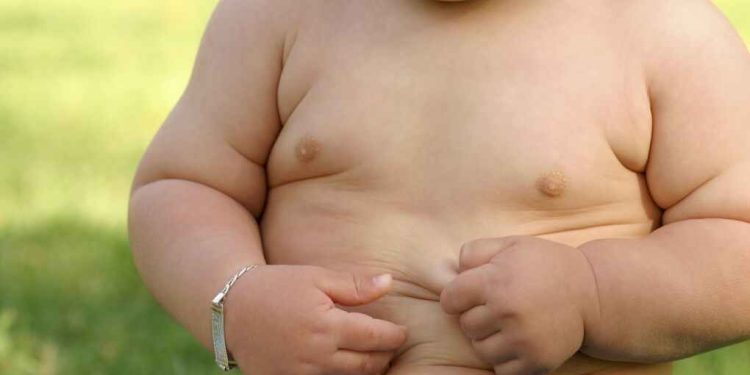Childhood obesity is a pressing global health concern that has garnered significant attention in recent years. The rise in childhood obesity rates is alarming, and it’s time we address this issue with urgency and determination. In this article, we will explore the causes and consequences of childhood obesity and provide practical strategies to combat this growing epidemic. Let’s embark on a journey towards a healthier future for our children.
Understanding Childhood Obesity
Childhood obesity refers to the condition in which children and adolescents have an excess amount of body fat, significantly increasing their risk of health problems. This condition has become increasingly prevalent worldwide, with alarming statistics showing that it has more than tripled in the past four decades.
Causes of Childhood Obesity
Several factors contribute to the development of childhood obesity, and it is essential to understand them to address the issue effectively:
1. Poor Diet:
The consumption of high-calorie, low-nutrient foods such as fast food, sugary beverages, and processed snacks plays a significant role in childhood obesity.
2. Lack of Physical Activity:
Sedentary lifestyles, characterized by excessive screen time and a decrease in physical activity, are major contributors to obesity among children.
3. Genetics:
Genetics can influence a child’s susceptibility to obesity, but it is not the sole determinant.
4. Environmental Factors:
Socioeconomic status, access to healthy food options, and community environments also impact a child’s risk of obesity.
5. Psychological Factors:
Emotional stress, depression, and boredom can lead to overeating, which contributes to obesity.
Consequences of Childhood Obesity
Childhood obesity has far-reaching consequences that extend into adulthood, affecting physical, emotional, and psychological well-being:
1. Physical Health:
Obese children are at a higher risk of developing type 2 diabetes, heart disease, high blood pressure, and other chronic conditions.
2. Mental Health:
Childhood obesity can lead to low self-esteem, depression, and anxiety, negatively impacting a child’s mental health.
3. Academic Performance:
Obesity can hinder academic performance due to decreased concentration and cognitive function.
4. Social Isolation:
Obese children may experience social isolation, bullying, and discrimination, leading to further emotional distress.
Combating Childhood Obesity
The fight against childhood obesity is a collective effort involving parents, caregivers, educators, healthcare professionals, policymakers, and the community. Here are some effective strategies to combat this epidemic:
1. Promote Healthy Eating:
Encourage balanced diets rich in fruits, vegetables, lean proteins, and whole grains while limiting the intake of sugary and processed foods.
2. Encourage Physical Activity:
Promote regular physical activity through organized sports, outdoor play, and family activities to keep children active.
3. Educate and Raise Awareness:
Schools and communities should implement educational programs that teach children and parents about healthy lifestyle choices.
4. Family Involvement:
Engage families in creating a supportive environment at home by modeling healthy behaviors and cooking nutritious meals together.
5. Policy Changes:
Advocate for policy changes that improve access to affordable, healthy foods in underserved communities and limit the marketing of unhealthy products to children.
Conclusion
Childhood obesity is a complex issue with severe health and social consequences. It requires a multifaceted approach that involves individuals, families, communities, and policymakers. By working together, we can create a healthier environment for our children, ensuring they grow up with the knowledge and habits necessary for a lifetime of well-being. Let us prioritize the health and future of our children and take meaningful steps to combat childhood obesity.































